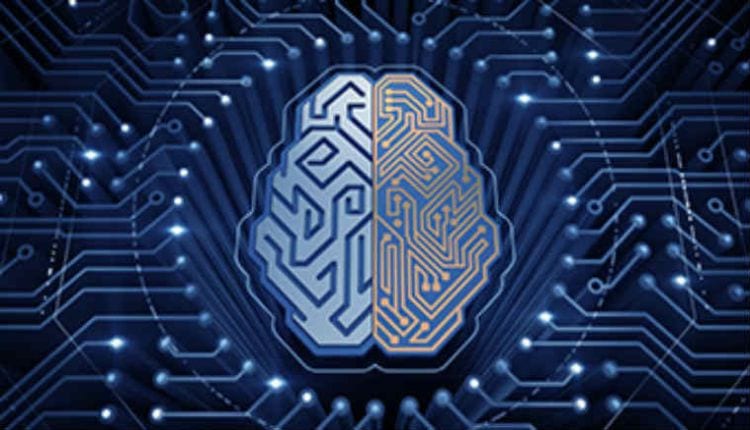With the country busy battling the coronavirus pandemic, mass testing has been the talk of the town for a while now. With a population of around 1.33 billion people, the world’s largest democracy is looking at mass testing a major factor in combating the coronavirus crisis.
“In a few months, we would have technologies which would produce faster results. However, mass testing should be carried out wisely,” AIIMS Director Randeep Guleria told IANS.
- Advertisement -
Safdarjung Hospital Medical Superintendent Balwinder Arora said that mass screening is very helpful in reducing the spread as it would help identify the positive cases and hence, the same can be separated.
While the antibody test kits are being seen as a major tool for conducting mass screening, tech experts are working towards using new technologies like Artificial Intelligence (AI) and Machine Learning to make mass screening possible.
- Advertisement -
Speaking on the same, Bikas Jha, Country Head, RealNetworks, said, “AI can support in multiple ways in tracking the infected people, such as installing AI enabled facial recognition technology along with body temperature measurement cameras at key location can identify people with fever in real time for further investigation.”
“Using various algorithms and Machine Learning model, the infection spread and patterns can be predicted for authorities so that they can take proactive preventive measures,” he added.
When asked if AI can help in mass testing, Jha said that enough testing data is available, and new Machine Learning algorithms can be developed which can help in quick testing at the mass level through image processing.
Throwing light on the issue, Gaurav Das of Webdesk Technologies, said, “AI may help in predicting upcoming epidemics by analysing several data of human travel and airlines” movement path, which in turn will give local authorities more time to prepare for the plan of action. It can not only predict, but also help in identification and development process of curing and reducing the process for development of vaccines.”
“We can use facial recognition technology along with thermal cameras in several offices, shopping malls, theatres and market places where there is a large amount of human footfall and assess all incoming and outgoing people with the initial contactless temperature screening,” Das said.
If you have an interesting article / experience / case study to share, please get in touch with us at [email protected]
Advertisement



